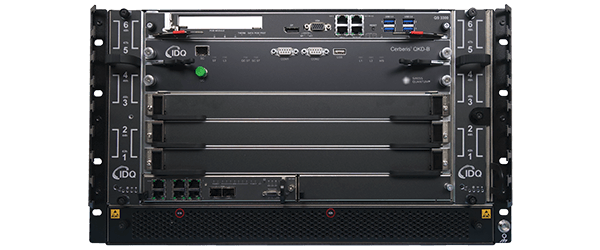Because it's the Holy Grail of cryptography.
To be specific, it's not unbreakable as the layman's literature suggests. It's that a quantum transmission of key material cannot be intercepted without the sending/receiving parties noticing. It is the Observer Effect in physics and a fundamental part of the Universes. Knowing that you're being spied upon in many ways gives you the advantage.
And if you can securely transmit a lot of key material, you can then use one time pad (OTP) techniques for the encryption. And OTPs are provably secure via information theory. McEliece/AES being limited key length based ciphers are not. Just because the academic community can't break McEliece or AES, doesn't mean that they haven't already been by state actors, or will be tomorrow by Alexander Verykleverkov in his university dorm room. Perhaps Shor's 3rd improved algorithm might work against McEliece. The point I'm labouring is that you can prove photon interception/OTP security now, but not McEliece/AES. All we have is an absence of evidence for them.
The only reason I can discern is that there is some possibility that a yet-to-be-discovered algorithm may weaken McEliece or AES.
You've answered your own question :-) Israel can keep defence-related documents sealed for 70 years. The UK had 50. Their transmission may have been intercepted or copied and stored. You cannot guarantee that they won't be teaching McEliece/AES breaking in high schools by 2091.
That's why there is a market for QKDNs. See all the interest in this older answer, and ponder the quotation at it's end. It's incredibly alluring, and if you want one, buy one of these:-

It's a node for commercial QKDNs. Cerberis from ID Quantique.

